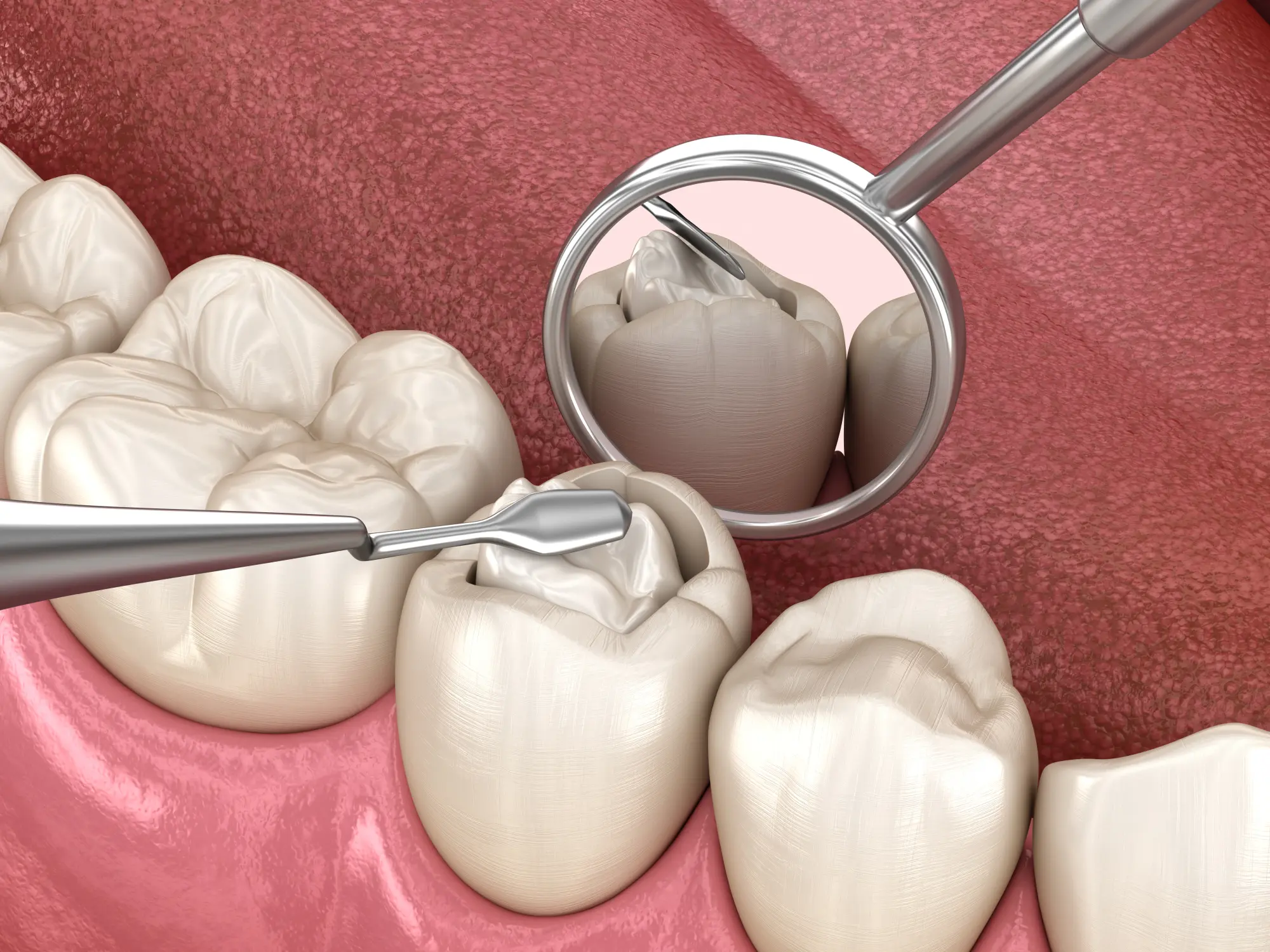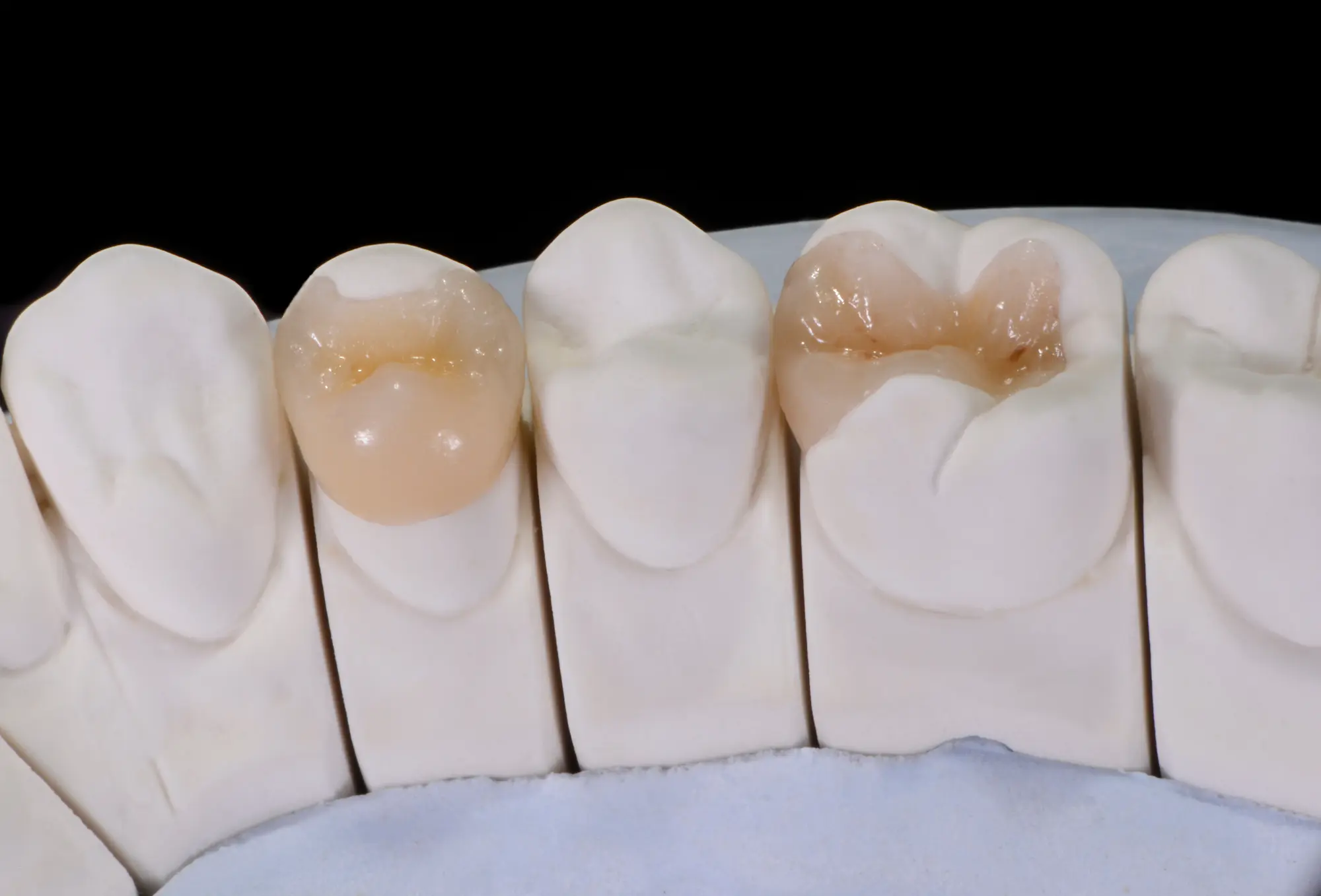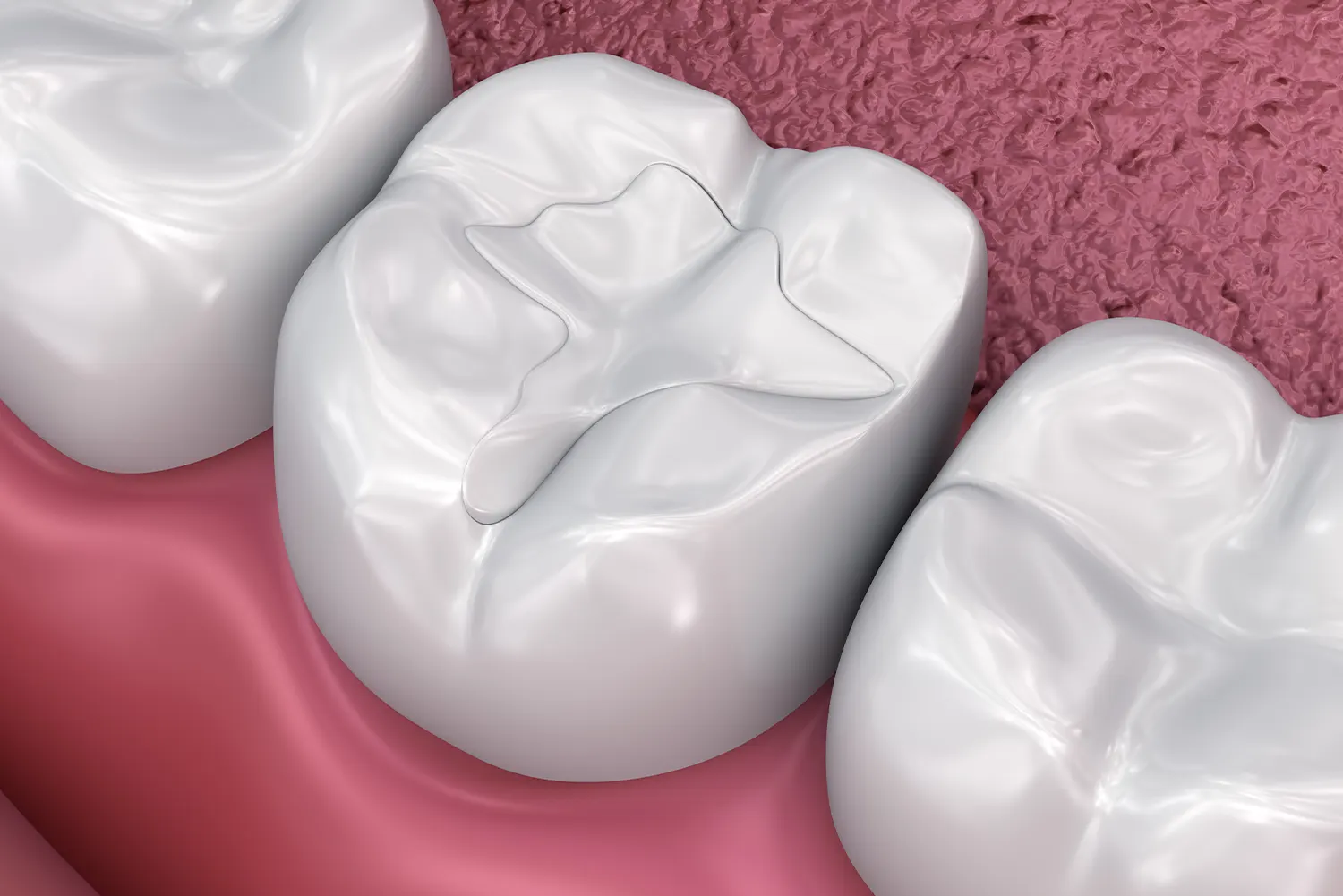
Understanding Pediatric Frenectomies: When and Why Your Child Might Need One
As a parent, ensuring your child's health and well-being is always a top priority. When it comes to oral health, there are various procedures that might seem daunting at first but are essential for your child's development and comfort. One such procedure is a pediatric frenectomy. This blog will guide you through the ins and outs of frenectomies, helping you understand when and why your child might need one. Armed with this knowledge, you can make informed decisions about your child's dental health and ensure they receive the best care possible.
What is a Frenectomy?
A frenectomy is a simple surgical procedure that involves the removal of a frenulum, which is a small fold of tissue that restricts movement in the mouth. In children, the most common types of frenectomies are:
- Lingual Frenectomy: Targets the tissue under the tongue, often performed to address tongue-tie (ankyloglossia), which can affect speech and eating.
- Labial Frenectomy: Involves the tissue connecting the upper lip to the gums, which can cause a gap between the front teeth or affect oral hygiene.
Understanding these types of frenectomies can help parents recognize the signs that their child might need this procedure and seek timely treatment.
Signs Your Child Might Need a Frenectomy
Recognizing the signs that your child might need a frenectomy can help you take action sooner rather than later. Some common indicators include:
In Infants:
- Difficulty latching or staying latched during breastfeeding
- Clicking or smacking sounds while nursing
- Poor weight gain despite frequent feedings
- Extended feeding times that leave baby (and parent!) frustrated
- Mom experiencing pain, cracked nipples, or recurring mastitis
In Toddlers and Children:
- Speech delays or difficulty pronouncing certain sounds (like “t,” “d,” “l,” or “r”)
- Trouble licking or moving the tongue freely
- Gagging or trouble swallowing certain foods
- A visible gap between the front teeth
- Difficulty brushing or flossing near the front teeth due to tissue tightness
If you notice any of these signs, it’s a good idea to schedule a consultation with a pediatric dentist. At Songbird Pediatric Dentistry in Fairview, Dr. Breanna Barnes can evaluate your child’s oral anatomy and let you know if a frenectomy is the right course of action.
The Frenectomy Procedure
The frenectomy procedure is typically quick and straightforward, often performed in a dental office with minimal discomfort. Here's what you can expect:
Consultation & Diagnosis
First, your pediatric dentist will perform a gentle but thorough exam to assess your child’s frenulum. They’ll look at range of motion, oral habits, and any concerns you’ve observed (like feeding or speech difficulties). If a frenectomy is recommended, you’ll discuss timing, technique, and aftercare.
The Procedure
- In infants, frenectomies can sometimes be performed on the same day as the consultation.
- Local anesthesia or a topical numbing gel may be used to minimize discomfort.
- Depending on the provider and tools available, the frenulum is either clipped with sterile scissors or released using a soft-tissue dental laser, which offers minimal bleeding and faster healing.
Recovery & Aftercare
- Most children experience only mild discomfort for a day or two. Infants can often nurse immediately after the procedure.
- For older children, soft foods and careful brushing are recommended while the area heals.
- Post-procedure stretching exercises may be suggested to prevent reattachment and support full mobility.
- Healing typically takes about 1 to 2 weeks.
Understanding the procedure can alleviate any concerns you might have and help you prepare your child for what to expect.
Benefits of a Frenectomy
Undergoing a frenectomy can offer numerous benefits for your child, including:
- Improved Feeding: Infants can latch better during breastfeeding, leading to more effective feeding sessions.
- Enhanced Speech Development: With increased tongue mobility, children can articulate words more clearly, supporting language development.
- Better Oral Health: Removing a restrictive frenulum can prevent dental issues like gaps and improve oral hygiene.
These benefits highlight the importance of considering a frenectomy if your child is experiencing challenges related to a restrictive frenulum.
Schedule a Consultation with Songbird Pediatric Dentistry in Fairview, TN
At Songbird Pediatric Dentistry, we understand the importance of your child's oral health and are here to help you navigate the decision-making process. If you suspect your child might need a frenectomy or have any concerns about their dental health, don't hesitate to reach out to us. Our expert team, led by Dr. Breanna Barnes, is dedicated to providing compassionate and comprehensive care for your little ones. Contact us today at (615) 544-5541 to schedule a consultation in Fairview, TN, and take the first step toward ensuring your child's healthy smile.


-p-500.png)
















